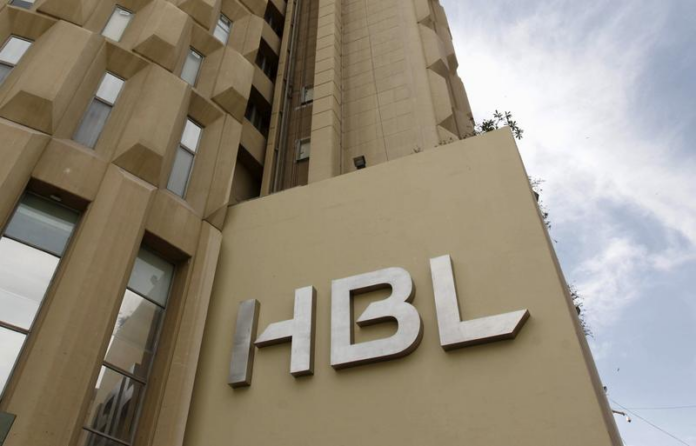Pakistan’s largest bank, Habib Bank Limited (HBL), faces secondary liabilities in a terror financing case in the United States in which the plaintiffs had alleged the bank aided and abetted al-Qaeda terrorism and joined in a conspiracy to launch attacks that killed or injured 370 people in Afghanistan between 2010 and 2019.
“Terror financing” charges case
Habib Bank Limited (HBL), has clarified that it is “vigorously” contesting the “terror financing” charges case in the United States.
The bank faces the liabilities under the Justice Against Sponsors of Terrorism Act as a party that “aids and abets, by knowingly providing substantial assistance, or who conspires with the person who committed such an act of international terrorism”, according to a New York district court order issued on September 28.
However, in a statement issued today, HBL said the allegations were “meritless”, adding that the bank was contesting them fully and vigorously.
“The public record is clear that HBL is unwavering in its commitment to combating the financing of terrorism, and — as has been well documented — its extensive global implementation of anti-money laundering compliance controls has been highly successful and lauded by regulators around the world,” the statement read.
Al-Qaeda
According to the court order, the plaintiffs alleged that the attacks were planned, authorised and committed by al-Qaeda, sometimes in conjunction with one or more other groups, including:
- Lashkar-e-Taiba, Jaish-e-Mohammad
- the Afghan Taliban, including the Haqqani Network
- the Tehreek-e-Taliban Pakistan.
Judge Lorna G. Schofield said HBL “placed terrorists or those linked to terrorists on a ‘whitelist’ or ‘good guy list’ of people ostensibly pre-cleared for reduced scrutiny of their transactions [and] engaged in tactics, such as ‘wire-stripping’, that shield the identities of parties to transactions”.
Judge Schofield said the allegations were sufficient to show that HBL “joined in a conspiracy to commit the attacks”. She rejected the defendants’ claims of the main liability, however, because none of the claimed banking services provided by HBL constituted “acts of international terrorism.”
In its statement, HBL said its motion was successful in two respects:
- the court dismissed the primary liability claim
- narrowed the case substantially.
“The court also stated secondary liabilities will be evaluated following due legal proceedings and no judgement was passed by the court on this matter,” it stated.
“HBL has made investments in management and resources to strengthen its AML and CFT protocols by partnering with global experts in this field. The bank seeks to adhere to the highest standards of compliance with international and country laws and regulations,” it added.
Violations of New York’s regulatory requirements
Prior to this, HBL agreed to pay a $225 million fine — the biggest ever issued by regulatory authorities on a Pakistani bank — in 2017 for multiple violations of New York’s regulatory requirements.
In addition, the bank agreed to surrender its licence to operate a branch in New York and wind down its operations there.
Since 1978, the branch has been in existence.
In a strongly worded release issued at the time, the Department of Financial Services (DFS) of New York State had harshly castigated the bank. Added that “DFS will not stand by and let Habib Bank sneak out of the United States without holding it accountable for putting the integrity of the financial services industry and the safety of our nation at risk.”
HBL had become the target of an enforcement action by DFS for 53 separate violations allegedly. It committed between 2007 and 2017.


